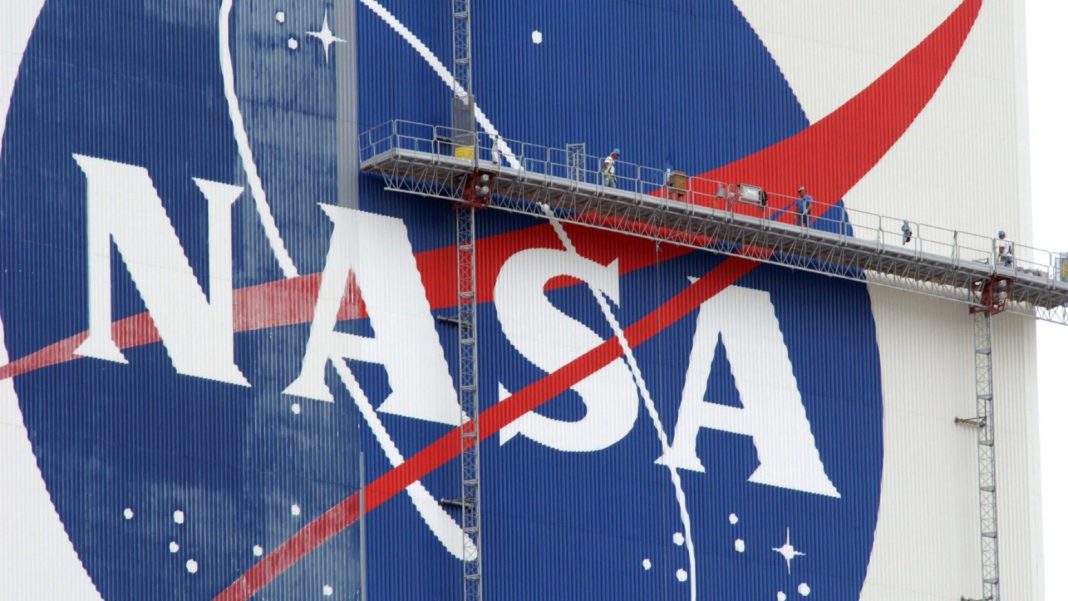The sentiment is palpable, a quiet roar echoing through the scientific community: “This all must end now.” It’s a desperate plea, not for a mission to conclude, but for an alarming trend to cease. The news of NASA lab closures at the Goddard Space Flight Center, currently under intense Congressional scrutiny, has sent ripples of concern far beyond the hallowed halls of space exploration. This isn’t just about budget cuts; it’s about the very future of discovery, the innovation that propels humanity forward, and the tangible impact on real people and real progress.
The Quiet Dimming of Our Cosmic Beacon
Goddard isn’t just any NASA center; it’s a hub of unparalleled expertise, responsible for developing and operating uncrewed scientific spacecraft and instruments that observe Earth, the solar system, and the universe. These labs are where the magic happens – where engineers craft the delicate sensors that gaze into distant galaxies, where scientists analyze climate data crucial for our planet’s health, and where the next generation of space technology is born. Closing these facilities isn’t just shutting down a physical space; it’s dismantling teams, scattering vital knowledge, and potentially derailing years of meticulous research.
The human cost is immense. Scientists and engineers, many of whom have dedicated their lives to pioneering work, face uncertainty. Projects vital for understanding our changing climate, detecting threats from space, or even discovering alien life could be put on indefinite hold. “It’s like dimming the lights on our collective future in space,” laments Dr. Anya Sharma, a materials scientist who has worked on instrument development for decades. “Every closed lab is a lost opportunity to discover something extraordinary, to solve a critical problem here on Earth, or to inspire the next generation to look up with wonder.”
Congressional Crossroads: Short-Term Savings vs. Long-Term Vision
The phrase “Congressional scrutiny” often conjures images of budget debates and calls for efficiency. While fiscal responsibility is undeniably important, the discussion around these lab closures seems to miss the forest for the trees. The funding for these specialized labs isn’t just an expenditure; it’s an investment with exponential returns. The technologies developed here often find applications in everyday life, from improved weather forecasting to medical imaging. Moreover, maintaining a leading edge in space science is crucial for national security and economic competitiveness.
The scrutiny often boils down to a fundamental misunderstanding of long-term scientific research and development. It’s not always about immediate gratification or instant results. Breakthroughs often require sustained effort, patient investment, and the unique environment that centers like Goddard provide. To dismantle these capabilities now, in an era where space exploration is accelerating globally, feels like a strategic misstep – a retreat from the very frontiers we’ve worked so hard to reach.
A Call for Sustained Vision
The cry of “This all must end now” isn’t merely a protest; it’s a profound recognition of the stakes involved. The closure of labs at NASA Goddard isn’t just about cutting costs; it’s about the potential erosion of America’s scientific leadership, the loss of irreplaceable talent, and the forfeiture of future discoveries that could benefit all of humanity. It’s a moment to pause, to look beyond the immediate ledger, and to remember the awe and wonder that space exploration inspires – and the tangible benefits it continually delivers.
We must champion a vision that understands the profound value of sustained scientific inquiry and the critical role institutions like Goddard play in shaping our collective future. The lights of discovery, once dimmed, are incredibly hard to reignite. For the sake of innovation, inspiration, and our place among the stars, this trend indeed must end.




